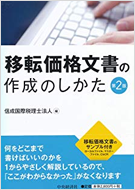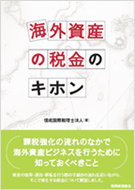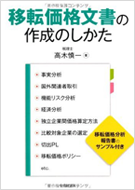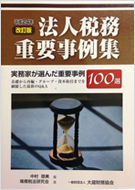Joint Accounts in the U.S., and the Handling of Joint Accounts under Inheritance Tax Law in Japan

In the U.S. and other countries, there are joint accounts which are opened jointly with a spouse.
The ownership of such deposit accounts generally transfers automatically to the surviving spouse upon the death of the other spouse; this may result in a failure to declare the account of a decedent who had had been residing abroad, when filing inheritance tax returns in Japan.
In this issue, we will discuss the details of joint accounts (Married Couple Joint Deposit Accounts) in the U.S., and their treatment under Japanese inheritance tax law.
1 What is a joint account in the U.S.?
If a person is married when (s)he opens a savings (deposit) account in the U.S., it is common for the account holder to open a joint account (a savings account in the name of both husband and wife). Such accounts are also known as “multiple-party accounts”, because they can be opened in the names of two or more parties.
2 Benefits of opening a joint account
Opening a joint account (a savings account in the name of both husband and wife) has the following benefits/merits:
The first benefit is that each spouse is authorized to withdraw funds, and each spouse has the convenient option of withdrawing money by writing checks.
The second benefit is helping provide for the death of one of the spouses, or the loss of one of the spouses’ ability to manage their property.
In Japan, a spouse who is an heir cannot close an account held by the decedent, or withdraw deposits from such an account, immediately after the decedent’s death. In the U.S., however, because the death of one spouse automatically transfers ownership of the joint account to the other spouse, the surviving spouse is free to utilize the joint account.
The third benefit/merit is the opening of a joint account as an alternative testamentary method.
This is a case where one member of a married couple wants to provide the other with the benefit(s) of the account – but give it upon his or her death.
In other words, the account holder controls the savings account while (s)he is alive, but at the time of that person’s death, the remaining amount in the account will be automatically transferred to the party (their spouse) without going through the inheritance procedures in the courts. In addition, the said deposit account does not enter into the inherited property and provides the benefit of the savings account to the other spouse.
3 Treatment of joint accounts under Inheritance Tax Law in Japan
- Validity of inheritance
The heir succeeds to all the rights and obligations of the property of the decedent from the time of the commencement of inheritance. (Civil Code Article 896) - The inheriting taxpayer
A person who acquires property through inheritance is obliged to pay inheritance tax. (Inheritance Tax Law 1-3) - Scope of inheritance taxable property
Inheritance tax shall be imposed on all property acquired by inheritance. (Inheritance Tax Law 2) - Treatment of joint accounts under the Inheritance Tax Law
In the U.S., co-signers are allowed to succeed to both control and ownership of the account as survivors upon the death of the depositor. Under the Japanese Civil Code, however, such succession is not allowed. Due to the death of the depositor, if the spouse is a co-signatory, a person (the spouse) succeeds to the rights and obligations belonging to the decedent’s estate. (Article 896 of the Civil Code applicable). Therefore, for purposes of Japanese inheritance tax law, the joint account is attributed to? the decedent.
The portion belonging to the surviving(?) spouse is the property acquired by that spouse through inheritance, and the spouse shall be deemed to have inherited the property – thus, they must file as an inheritor. (Inheritance Tax Law 1-3, 2 applicable?)





















